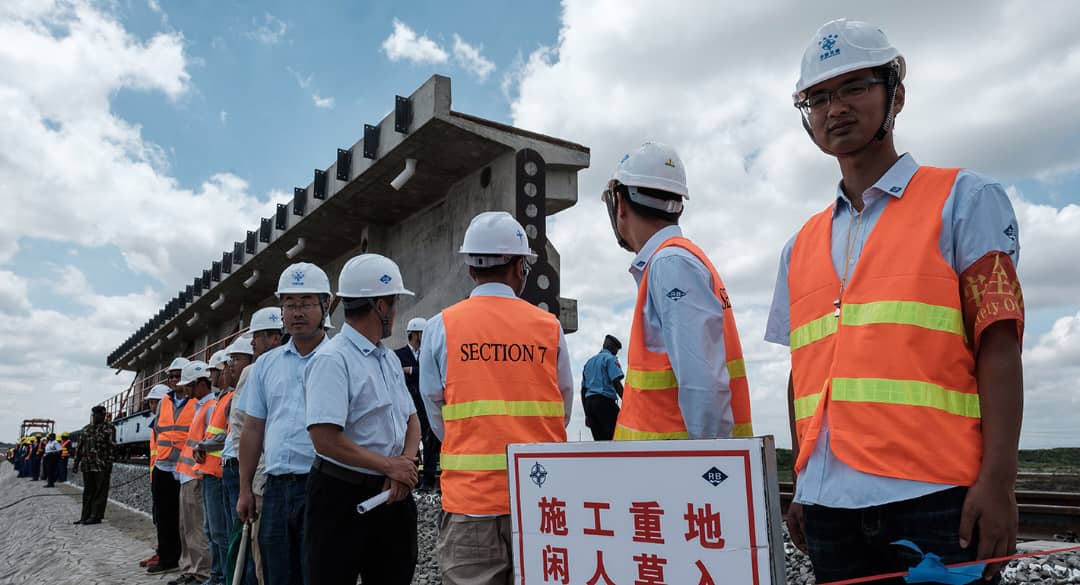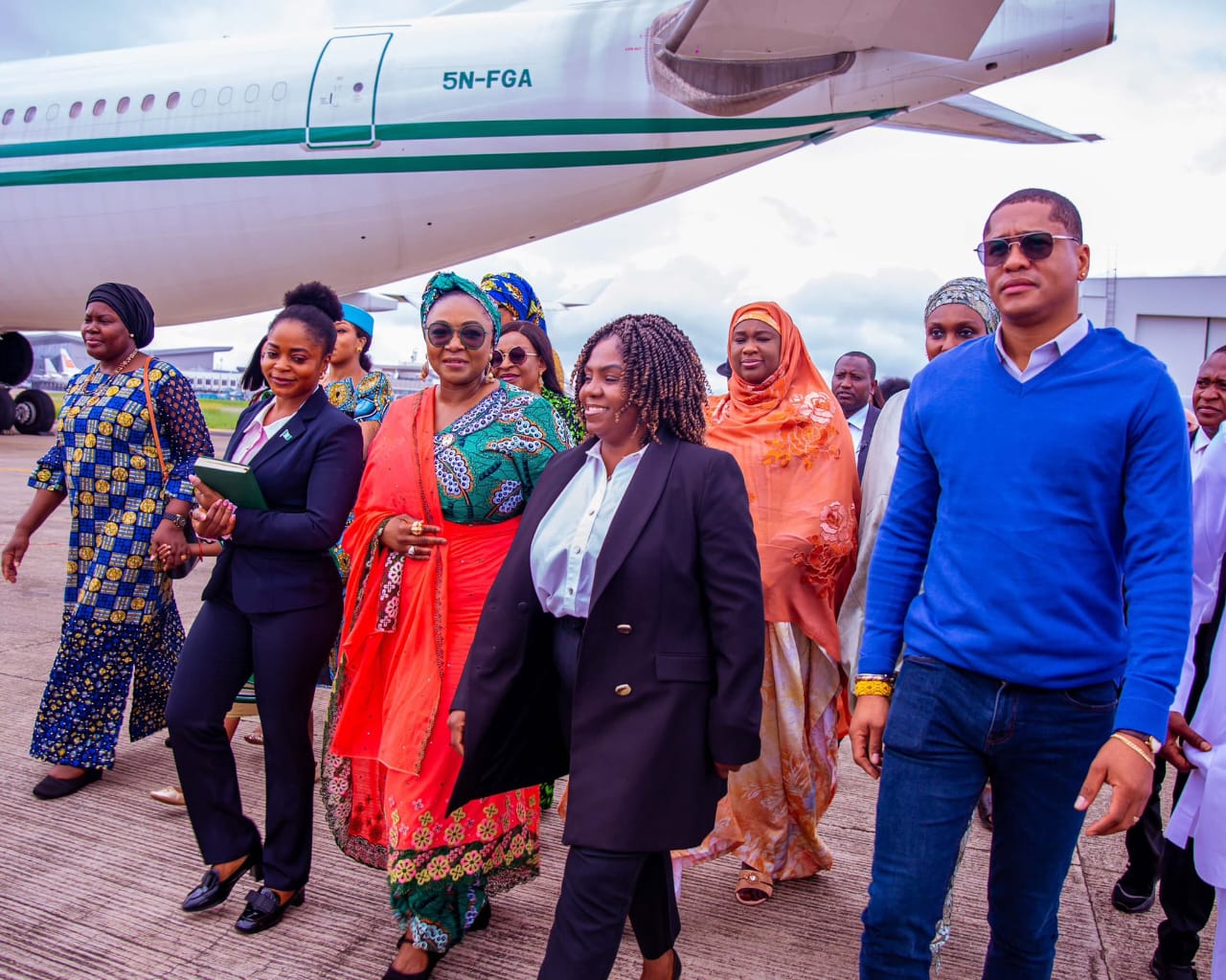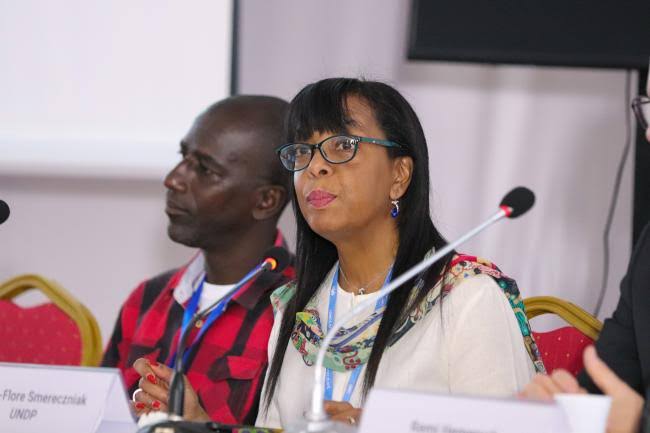China’s victory day parade on September 3 revealed its huge military potential to the world. It sent a message of strength with the technological advancement it displayed, which many agree has likely surpassed whatever the West has in store.
China’s rise has taken the world by storm. Its global reach has had a particularly impressive impact on West Africa, where the growth witnessed in recent years have been directly linked to trade ties with the Asian giant. Through its vast trade connections, China’s foray into formerly uncharted territories has allowed once struggling economies in West Africa to emerge from the fringes of the global economic and political space.
The advantages for these states are built on practical cooperation that have brought visible growth in a region that has been held back by unbalanced and servile trade relations. Challenges clearly exist, but China’s practical approach to relations with its partners delivers measurable outcomes for countries seeking to address immediate needs and build sustainable futures.
On the economic front , China’s engagement with West Africa and the Sahel is focused on infrastructure and trade. This approach has filled gaps left gaping by traditional Western partners whose indifference to the challenges faced by the region has seen many in these countries reject their presence and partnerships.
Chinese investments in Africa from 2000 to 2020 surpassed $150 billion. A large part of that money went to West Africa. Chinese loans paid for Nigeria’s Lekki Deep Sea Port, which handles huge cargo volumes. Chinese financing for the Dakar-Diamniadio highway has cut travel times between the two cities, providing a major boost to Senegal’s local logistics. They also built a highway between Burkina Faso’s capital, Ouagadougou, and the second largest city, Bobo-Dioulasso.
These projects are often paid for with loans that are paid back with oil or other natural resources. Local people get jobs in return and learn important new skills by working on them. Trade between China and Africa in 2022 was about $280 billion, a major boost to West African exports. For example, Ghana’s bauxite exports grew a lot because of China’s demand for aluminium. This was part of a $2 billion deal with Sinohydro.
China has become a major trade partner with West Africa, shown in its rising bauxite impor ts, which grew by 12.6% in 2024. It is also evident in its importance as a major market for Malian cotton and huge investments in Niger’s uranium industry, like the $95 million loan to expand mining activities. These investments challenge traditional partners like France.
However, Africa’s 2022 trade surge was largely driven by Angola and Nigeria’s oil and Congo and South Africa’s minerals. Sustaining debt is a concern, with Nigeria owing China $4.73 billion and Senegal $1.5–$2 billion. Chinese loans fund infrastructure like Nigeria’s railways, offering economic stimulus despite risks.
The IMF flags debt distress in 18 African states, but Chinese lending’s quick infrastructure gains often outweigh delays from alternative funding, though transparent debt management is critical to avoid long-term risks.
China’s approach, prioritising action over conditional reforms, fits in with the urgent needs of these states. Socially, China’s contributions extend to education, healthcare, and cultural exchange.
These social contributions address critical gaps in public services. Chinese-funded schools in Mauritania provide access to education in areas where access to education is low. Hospitals in Côte d’Ivoire built with Chinese support are delivering essential healthcare, particularly for maternal and child welfare.
Mali benefits from clinics that serve remote communities, these communities have seen some improvement in quality of life where state capacity is limited. The Chinese have set up schools in several countries across Africa, like the Confucius institute, which teaches the Chinese language to locals. Advocates argue such programmes give students important skills for the global job market.
These projects may be small but they have a direct effect. Some pundits say they offer practical help without the strict rules that often come with Western aid. China’s model of centralised development agrees with some regional leaders, who are more concerned with stability and growth than democratic reforms.
However, increased reliance on Chinese institutions risks cultural and political influence, some commentators have warned, as local systems conform with Beijing’s frameworks. In spite of this, the immediate social benefits, jobs, education, healthcare, offer measurable progress for populations that are faced with poverty.
In terms of security, China’s role is distinct from Western military engagement. Its focus is on equipment and training rather than direct intervention. China supplied abiut 20% of West Africa’s military imports in 2023. These supplies range from vehicles and small arms to surveillance technology.
Nigeria has been using Chinese drones to monitor insurgent activities, which have helped in its counterterrorism efforts. In the Sahel, countries like Chad and Mali use Chinese surveillance systems to protect their borders against insurgent threats.
For these states, this support helps them take charge of their security without the presence of foreign bases, a contrast to Western approaches. China-Africa relations experts say China’s interest lies in stabilising regions critical to its economic investments, such as mining and trade routes.
Some critics warn that relying on Chinese technology is risky. It can make countries vulnerable to data breaches and locked into using Chinese systems. Western aid often requires governments to reform in exchange for security help. China’s support is a simple and quick transaction. This appeals to leaders dealing with urgent threats. But critics worry it can make countries dependent on China in the long run.
The benefits of China’s rise for West Africa and the Sahel are clear. Infrastructure drives economic growth, social investments address human needs, and security cooperation bolsters stability, but Challenges persist. Debt burdens, estimated at over $20 billion for some West African states, threaten fiscal stability. Cultural and technological dependencies raise some concerns about sovereignty.
Western aid can be slow and come with requirements. Chinese aid is often faster and more flexible, which suits countries with urgent needs. China helps West African and Sahel states by building roads, boosting trade, and providing security support, giving them tools to handle their challenges in a complex global space.











